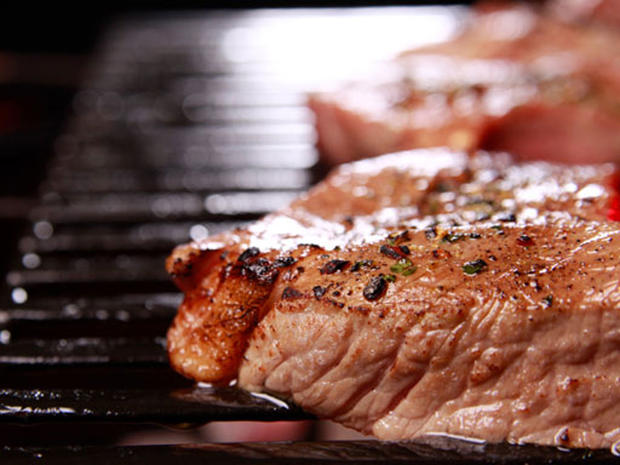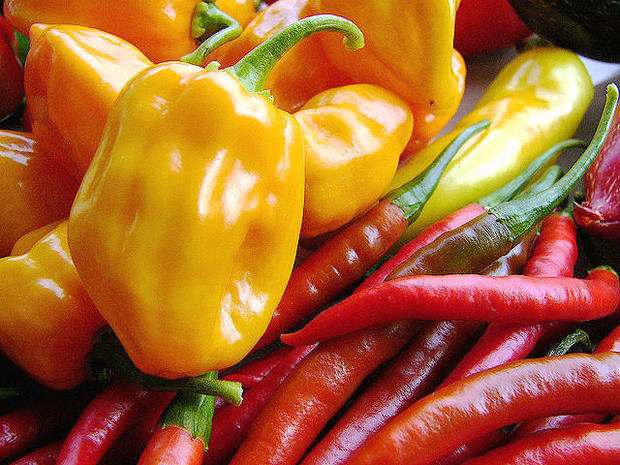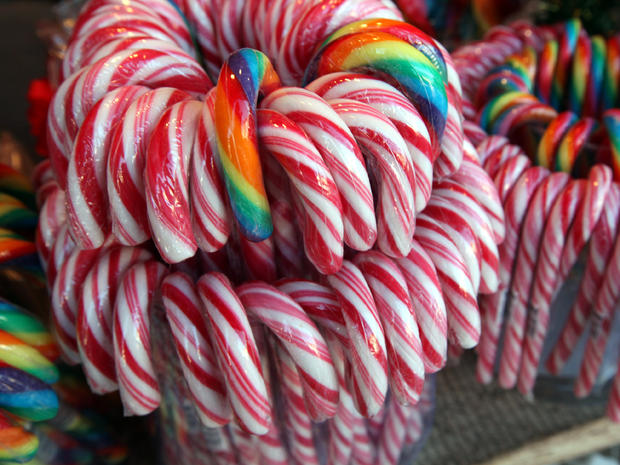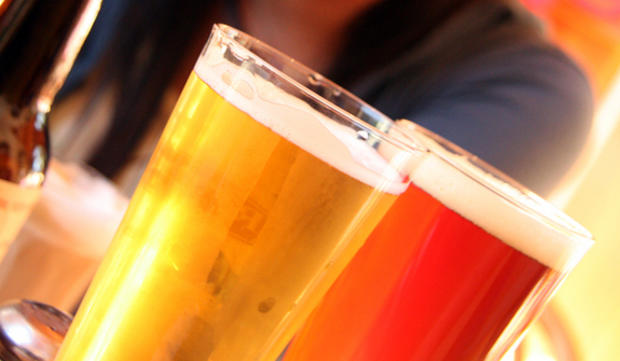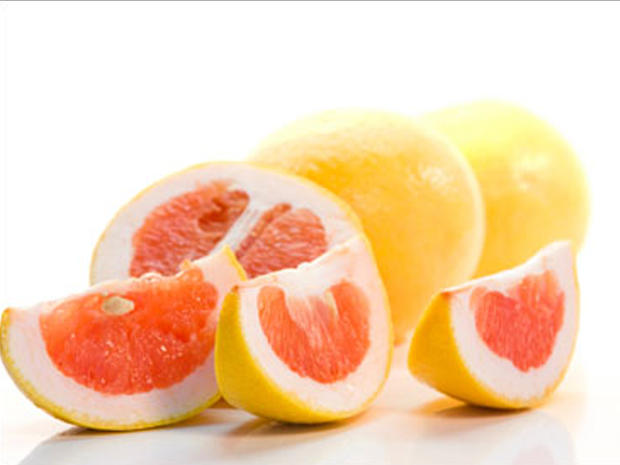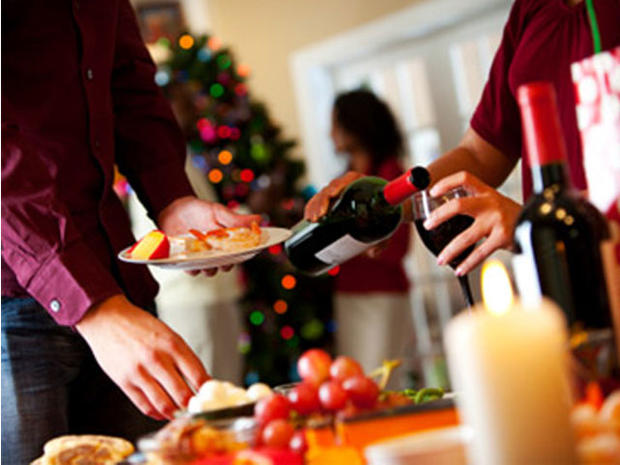Holiday heartburn: Foods to avoid
It wouldn't be the holidays without lots of eating, but if you're one of the 20 percent of the population that suffers from symptoms of gastroesophageal reflux disease (GERD) each week, the holidays could spell a whole lot of heartburn and acid reflux.
With help from Dr. Frank G. Gress, chief of the division of gastroenterology and hepatology at SUNY Downstate Medical Center in Brooklyn, here are some tips to help you get through this time of year.
Fatty foods
Holiday cuisine usually isn't lean. But all those fatty foods, including steaks and fried chicken, could trigger heart burn, according to Gress.
Foods that are prepared by frying in oil relax the lower esophageal sphincter, Gress explains. The lower esophageal sphincter is a ring at the bottom of the esophagus that acts like a valve between the stomach and the tube that carries food from your mouth. The relaxation allows stomach acid to go into the esophagus, causing reflux.
Not only that, Gress adds that fatty foods slow gastric emptying, which means food mixed with acid stays in the stomach longer than it typically does, leading to a longer episode of acid reflux.
Chocolate
"Chocolates while delicious and tempting can also lower the esophageal sphincter similar to fatty foods," says Gress.
Once the stomach acids rise into the esophagus, burning pain and regurgitation follow. Regurgitation is a common symptom of acid reflux that feels like the sensation of acid backing up into your throat and mouth.
Spicy foods
Not only can spicy food lead to reduced lower esophageal pressure, it can also increase acid production, resulting in severe discomfort. Foods flavored with garlic, onions, tomatoes and/or cayenne pepper are common triggers, says Gress.
Once refluxed stomach acid touches the lining of the esophagus, it creates a burning sensation called acid indigestion also known as heartburn.
Gress realizes the holidays are a good time to indulge -- just don't overdo it, he warns.
Peppermint
Even candy canes can cause heartburn, says Gress. Similar to chocolate and fatty foods, mint relaxes the lower esophageal sphincter too much, causing acids to rise.
"This effect can be triggered by other minty products," he adds.
Gress recommends people who have heartburn or GERD should avoid mints this holiday season.
Excessive alcohol
Similar to the previous heartburn triggers on the list, alcohol lowers the esophageal sphincter pressure, leading to heartburn and reflux. Gress notes that holiday parties and gatherings are times when people not only drink alcohol but overeat fatty foods, chocolates, etc. and combining all these foods will increase and prolong the heartburn and reflux.
"Therefore, one should be very careful to enjoy them in moderation to avoid over eating and suffering from reflux," says Gress.
If you like a glass of red wine for the holidays, Gress adds that it contains a very acidic pH level, which may make symptoms worse.
Carbonated drinks like soda or beer
"Carbonated beverages can increase gas in the stomach leading to increased belching which can carry stomach acid up into the esophagus leading to heartburn," says Gress.
Not only that, people who have a hiatal hernia -- which is when part of the stomach sticks upward into the chest, through an opening in the diaphragm -- can aggravate their condition with gassy drinks, resulting in bloating and pain.
Citrus
Oranges, grapefruits in whole or juice forms can increase acid production and lead to heartburn in some people, especially if this is combined with other reflux triggers on this list that lower the esophageal sphincter and cause stomach acids to rise.
During the holidays if you know citrus foods or juices don't agree with you, consider avoiding them or take them in small amounts and try to avoid other triggering foods.
"Mimosas and chocolate, while sounding good, might not be the best brunch foods," Gress advises.
Large, late meals
It wouldn't be a visit to the relatives without overeating, but large meals slow down digestion and cause stomach contents and acid to force their way into the esophagus, according to Gress.
This can be exacerbated by eating late before going to bed. That's because lying down will allow your meal -- which by now is mixed with acid -- to go all the way up your esophagus and also lead to upper airway issues including sore throat and bad breath.

